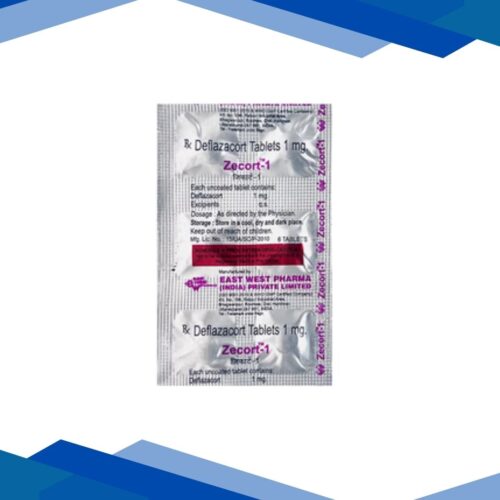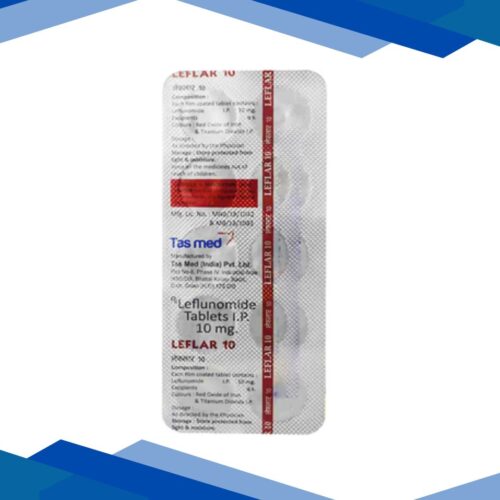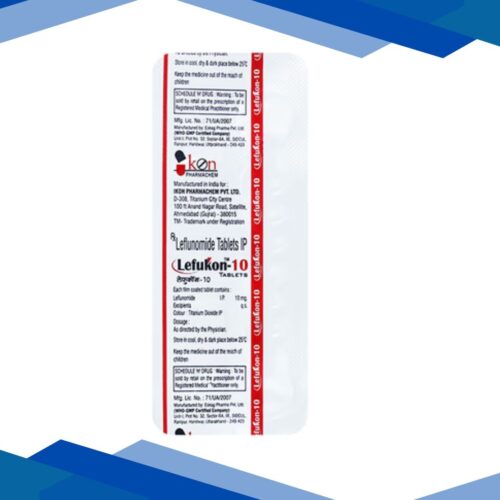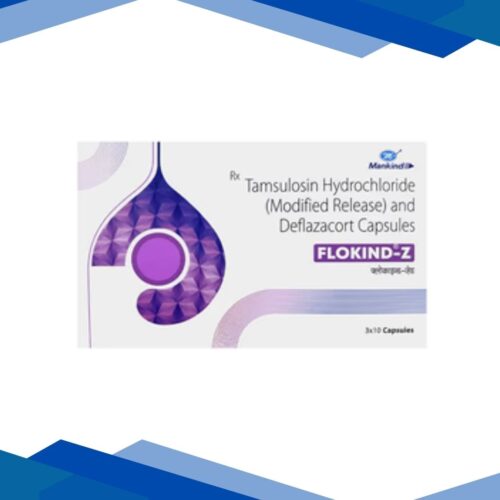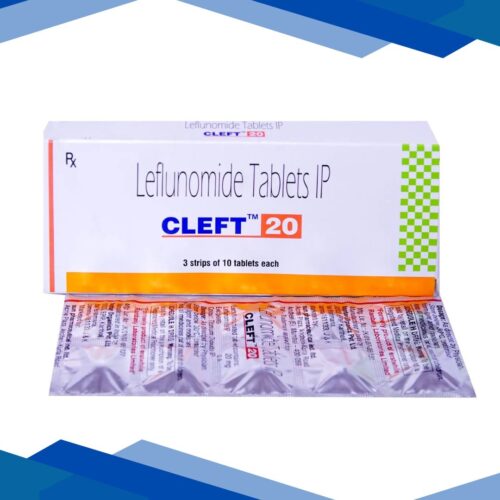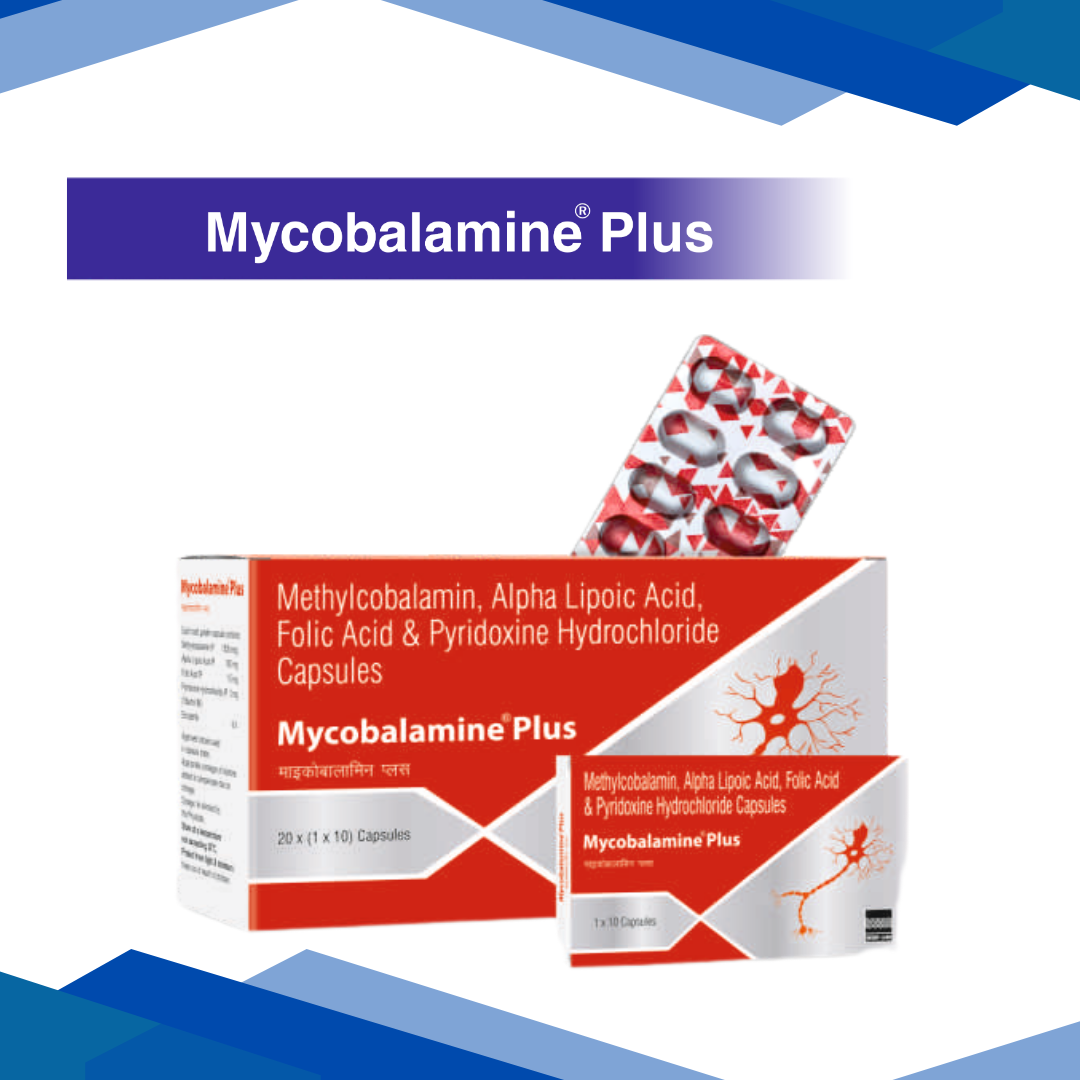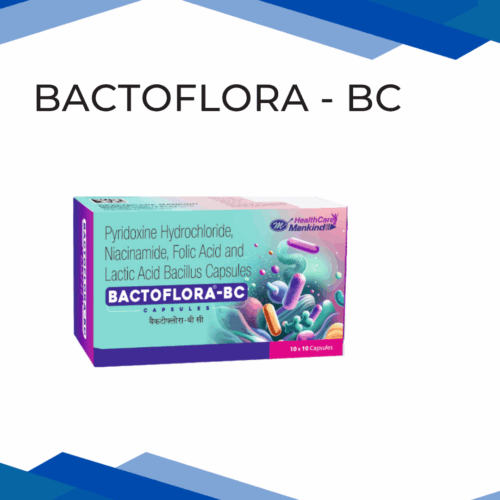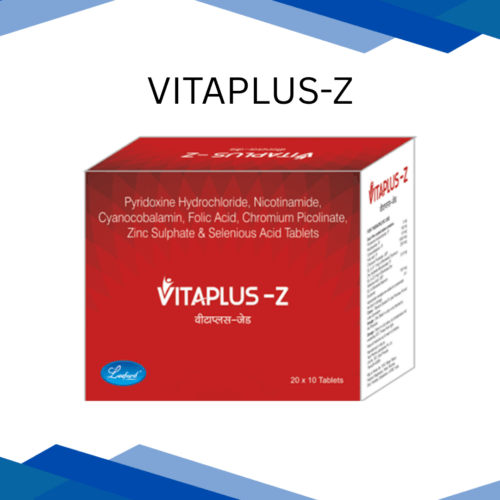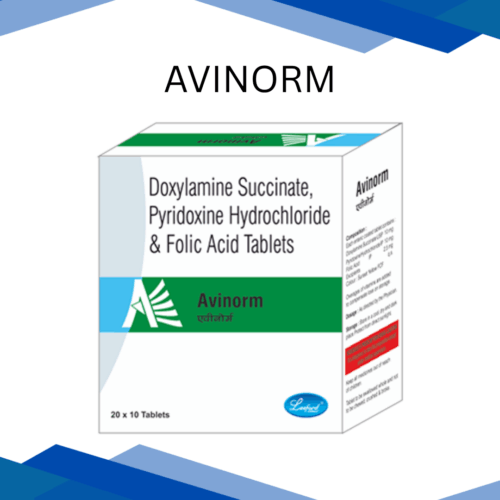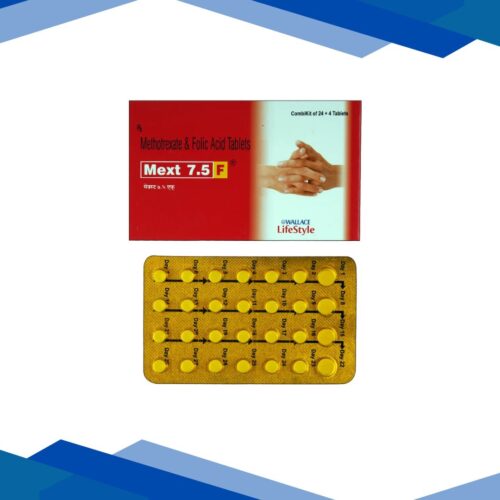FLOKIND Z Capsule 10’s
Mycobalamine plus
No Prescription yet? Don’t worry! Click Here to Get Online Consultation
Why Prescription is Required?
✅ Providing Right Medicines
Prescriptions are complex documents. We proofread and recheck at various steps to provide you the right medication in the correct form and dose.
⚖️ Helps Comply with the Law
Most medicines cannot be sold without a valid prescription, as per the Drugs and Cosmetics Act, 1940 and Rules, 1945.
Book Appointment with Doctor
It is used to treat vitamin B12 deficiency, peripheral neuropathy, and megaloblastic anemia, and to support nerve health and regeneration.For more details kindly click on Medicine Salts below.
Folic Acid
FOLIC ACID
OVERVIEW
Folic acid (vitamin B9) is a B vitamin supplement that may be used to prevent and treat folate deficiency (low blood levels of folate) that can cause megaloblastic anemia.
CLASSIFICATION
B-vitamin
USES
Folic acid is a B complex vitamin effective in the treatment of megaloblastic anemias due to a deficiency of folic acid (as may be seen in tropical or nontropical sprue) and in anemia of nutritional origin, pregnancy, infancy, or childhood.
HOW IT WORKS
Folic acid is approved for the prevention and treatment of folate deficiency. Healthy levels of this vitamin, which is really a hormone, not only helps form red blood cells, it protects your brain health and supports a healthy pregnancy.
DOSAGE
As directed by the physician
PRECAUTIONS
Tell your doctor if you are pregnant or plan to become pregnant before using folic acid; folic acid requirements are markedly increased during pregnancy, and deficiency may harm a fetus. Folic acid passes into breast milk. Folic acid requirements are markedly increased while breastfeeding; however, amounts present in breast milk are adequate to fulfil infant requirements. Consult your doctor before breastfeeding
SIDE EFFECTS
Redness
skin rash
itching
feeling unwell (malaise), and
respiratory difficulty due to bronchospasm
Disclaimer
This content is for informational purposes only. Always consult a healthcare provider for medical advice and proper dosage.
PRECAUTIONS
Read the label carefully before use
Store in a dry and dark place at a temperature not exceeding 30C. Do not freeze
Keep out of reach of children
SIDE EFFECTS
· Redness
· Dryness
· Itching
Disclaimer
This content is for informational purposes only. Always consult a healthcare provider for medical advice and proper dosage.
Methylcobalamin
METHYLCOBALAMIN
Overview
Methylcobalamin is a form of Vitamin B12, a water-soluble vitamin that plays a key role in nerve health, red blood cell production, and DNA synthesis. It’s the active, bioavailable version of B12 used by your body.
Classification
Vitamin B12
Uses
Methylcobalamin is commonly used to:
Treat Vitamin B12 deficiency
Support nerve function and help with conditions like peripheral neuropathy
Manage anemia caused by low B12
Aid in recovery from neurological disorders
Provide support for overall energy and metabolism
It may also be recommended in diabetic neuropathy, sciatica, and neurological pain management.
How It Works
Methylcobalamin works by:
Replenishing low B12 levels, which is crucial for making healthy red blood cells
Helping maintain the myelin sheath, the protective layer around nerves
Assisting in methylation processes – essential for detoxification, DNA repair, and mood regulation
Supporting proper neurological and cognitive function
Unlike other forms of B12 (like cyanocobalamin), methylcobalamin is already active, so the body doesn’t need to convert it to be effective.
Dosage
As prescribed by your doctor.
Side effects
Although generally safe, some people may experience:
Mild diarrhea
Nausea
Headache
Tingling or numbness
Skin rash or itching (rarely)
Allergic reactions, though uncommon
If side effects persist or worsen, it’s best to consult a healthcare provider.
Precautions
Pregnant or breastfeeding women should only use it if prescribed
People with Leber’s disease (a rare eye condition) should avoid B12 supplements
Use cautiously if you have kidney problems or a history of allergies
Let your doctor know about all medications or supplements you’re taking to avoid interactions
Regular monitoring may be needed for long-term use
Disclaimer
This content is for informational purposes only. Always consult a healthcare provider for medical advice and proper dosage
Pyridoxine Hydrochloride
PYRIDOXINE
Overview
Pyridoxine Hydrochloride is a form of Vitamin B6, a water-soluble vitamin that your body needs to stay healthy. It helps with brain function, nerve health, blood production, and turning food into energy. It’s often used as a supplement when your body doesn’t get enough Vitamin B6 naturally.
Classification
It is classified as a vitamin supplement — specifically, part of the Vitamin B complex group. These vitamins help support many essential functions in the body, especially the nerves, skin, and red blood cells.
Uses
Treats or prevents Vitamin B6 deficiency
Helps manage nerve-related problems (like numbness, tingling, or weakness)
Used in treatment of anemia (low red blood cells)
Often given with other medicines to prevent side effects (e.g., with TB drugs like isoniazid)
Supports brain health, improves mood, and may help reduce morning sickness in pregnancy
Helps with PMS symptoms, carpal tunnel syndrome, and certain metabolic disorders
How It Works
Pyridoxine helps the body use proteins, fats, and carbohydrates from the food you eat. It also supports the nervous system, keeps your immune system strong, and helps in making red blood cells. It plays a key role in keeping your brain and nerves working properly.
Dosage
As prescribed by your doctor.
Side effects
Usually safe when taken in recommended amounts. However, high doses or long-term use may cause:
Numbness or tingling in hands and feet
Loss of coordination or balance
Upset stomach or mild nausea
Skin rash (rare)
Extreme tiredness or headache in rare cases
Precautions
Tell your doctor if you have kidney or liver issues
Long-term high doses can cause nerve damage — always take the amount recommended
Safe for pregnant or breastfeeding women if taken as advised by a doctor
Avoid self-medicating with large doses without medical guidance
May interact with certain medications like TB drugs, epilepsy medicine, or chemotherapy
Disclaimer
This content is for informational purposes only. Always consult a healthcare provider for medical advice and proper dosage

